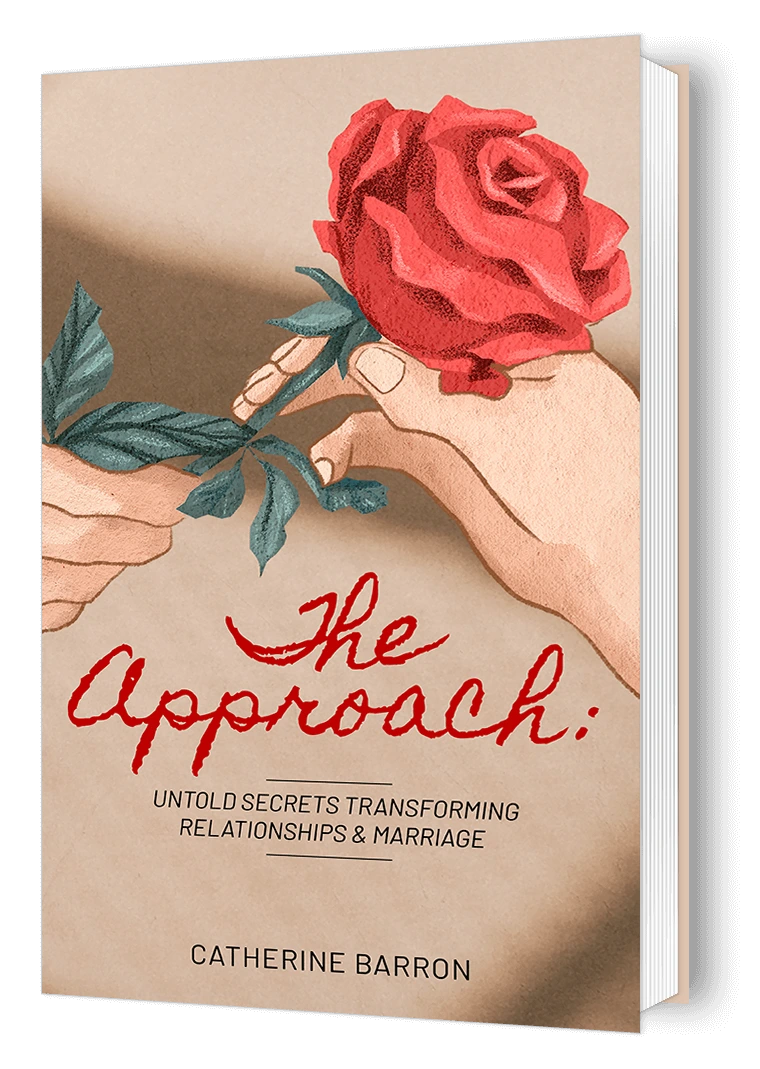If you have ever known a serious gambler, you will readily understand their insatiable desire to gamble, what they will do to satisfy the urge, and how much destruction and damage they can create for themselves and their loved ones.
In fact, most gamblers who want to kick the habit must go through an intensive ongoing program of admission and recovery in order to succeed in maintaining their desire to gamble. The actual desire to gamble may never leave them completely, but they are taught new skills in coping and how to maintain the urges.
Debating Gambling is Worth It—The Good Side:
In the meantime, gambling has always been a debate of sorts. For example, it is an ongoing discussion between two sides making their case over revenues and what those profits actually do for the community at stake. Those promoting gambling argue that it is a boost to high profits, more jobs for the community, economic growth, community turn-around, and tax revenues. Contrary to this, are the anti-gambling groups, who protest the amount of crime that is fueled, including community dis-array, societal problems that a pathological gambler often brings. They include crime, divorce, suicides, and financial ruin for many families. It also influences the youth at an impressionable time in their lives to participate in a habit, which could sooner or later potentially harm their future (Barker & Britz, 2000).
The Argument on Both Sides— Some History:
Both sides have their point; however, the special interest groups usually overplay their role in fighting for something that is mainly geared toward “profits” and does not take into account the many issues that fuel controversy as a result of their convictions. The community has to be aware and grounded in their “standards” in order to handle the effects that eventually will emerge.
The deregulation and surge of gambling have been astounding, not only here in the United States but all over the world. The lure for economic governments to profit and boost their economies has prompted their decisions on incorporating the activities of gambling in their over all economic plans. The results of their decisions have been nothing short of staggering in terms of reported figures.
For instance, in China, the lottery sales was $10.5bn in 2006 (an increase from 2m only two decades ago). Other countries (Australia, Canada, New Zealand & Britain) follow suit in increases, as well. So, the rise of gambling is not limited to the States but has had a profound spread across nations captured by its lure (Orford, 2011).
Disconcerting Outcomes of Gambling—The Bad Side:
After gambling deregulation takes hold, the outcomes will begin to penetrate the community in social ways that will need to be addressed. Unlike the tobacco debate of smoking as an addiction, gambling is generally recognized as having potential effects of problem-oriented issues; for instance, issues similar to people being more than lightly engaged for amusement or entertainment. These people are unable to walk away and carry on daily affairs. In fact, gambling can turn one’s personal life upside down. Listed among the effects that go beyond one’s control in gambling are suicide, bankruptcy, destroying their marriage or relationship, social and emotional problems affecting children, violence, deception, and depression (Orford, 2011).
Some people start out gambling for pleasure and relaxation. In many cases it quickly turns from amusement to addiction and obsessive behavior. There are many horror stories that research has reported in their findings, where people have literally been destroyed by a family member’s gambling. If, for example, a gambler is not able to provide for his/her family because he/she lost their entire salary while binge gambling.
How a Society Prepares for Its Gamblers
Even though looking at the facts that gambling brings to the table, interest groups and economies are not going to reverse regulation on gambling to stop it anytime soon. In this context, one has to consider ways to help and correct the potential addiction that gambling brings to families and individuals world-wide. Gambling and its problems affect humans everywhere, not just people in particular places or regions. It has now become a global issue, such that governments have to be prepared for increased crime rates. Furthermore, the normal functioning of society could deteriorate rapidly with trying to play “catch-up” to an ongoing problem that has already existed years prior.
Gambling—The “Settled Habit”
Gambling has been referred to as a “settled habit” by a controversial Renaissance physician, astrologer, mathematician, and writer in 1525, by the name of Jerome Cardano. He wrote a book entitled, Games of Chance. In the book he described his demise that left him feelings of regret, low self-esteem, a loss of acquired possessions, and spending lost time by gambling, daily. He was obviously ahead of his time by recognizing the ill effects that gambling can cause and by labeling it a settled habit. Today, we would label it a habit, but also refer to it as an addiction to be treated much like the Alcohol Anonymous group and the 12-Step Program. The 12-Step Program relies on recovery through maintenance for life. It emphasizes the financial component in a person’s life. Today, with the expert help and the many articles and books written about “habit changing”, we know habits can be changed but, must be monitored most of the time, for life. Luckily, in today’s society, there is help waiting in almost every single case of a disease or an affliction. There are help-groups and programs, which assist and support individuals in their personal needs, including in time of regret and recovery.
People today are more aware of their personal issues and seek help when they are ready to commit and recover or change and modify. The very fact that people search for help for their addictions is an indication that gambling can be dangerous to society and it needs the attention of participating treatment centers. This is a clear sign that it is a massive issue and a movement toward understanding and supported treatment is necessary.
The Gamblers Anonymous 20 questions to self-diagnosis in determining if you are a compulsive gambler: (Gamblers Anonymous)
1)-Have you ever lost time from work due to gambling?
2)-Has gambling made your life unhappy?
3)-Has gambling affected your reputation?
4)-Have you ever felt remorse after gambling?
5)-Have you ever gambled to get money to pay debts or to otherwise solve financial difficulties?
6)-Did gambling ever cause a decrease in your ambition or efficiency?
7)-After losing did you feel that you must return as soon as possible and win back your losses?
8)-After a win have you had a strong urge to return and win more?
9)-Have you often gambled until your last penny was gone?
10)-Have you ever borrowed to finance your gambling?
11)-Have you ever sold any real or personal property to finance your gambling?
12)-Are you reluctant to use ‘gambling money’ for normal expenditures?
13)-Has gambling ever made you careless of the welfare of your family?
14)-Have you ever gambled longer than you had planned?
15)-Have you ever gambled to escape worry or trouble?
16)-Have you ever committed, or considered committing, an illegal act to finance your gambling?
17)-Has gambling ever caused you to have difficult in sleeping?
18)-Did arguments, disappointment, or frustrations ever create within you an urge to gamble?
19)-Have you ever had an urge to celebrate any good fortune by a few hours of gambling?
20)-Have you ever considered self-destruction as a result of your gambling?
The list provides a clear picture of admission from the Gamblers Anonymous based on their accumulation of experiences from individuals having sought help from their program. However, the clincher of acceptance and recognition of a serious problem was pronounced by the APA (American Psychiatric Association) in the 3rd edition of the DSM-1980. This incited the world Health Organization to follow by including gambling findings in its CID (International Classification of Diseases). However, the DSM has been the leader of authority in defining and pronouncing the disease and its characteristics.
Kicking the Habit
The only way to defeat gambling as a harmful effect is to treat it like it demands…as a disease that needs to be abolished to the best of one’s ability. That may mean that it is a life-long journey of monitoring and maintaining skilled patterns that prevent further destruction to one’s life and loved ones. I think that is a fair request based on the condition and the turmoil it brings with it. Generally in life, one has to meet the good and the bad of traits in a decisive manner to gain improvement and quality for themselves. Their improvement and quality of life spreads and boosts the contribution that everyone makes during their lifetime. In the end, it may be wise to follow the Renaissance physician/astrologer/writer’s advice, Jerome Cardano, when he intimates that “it would be better perhaps, not to play at all rather than to be subjected to its pitfalls”.
References:
Barker, T., Britz, M. 2000. Jokers Wild: Legalized Gambling in the Twenty-First Century. Prager, Westport, Ct. Retrieved from
https://www.questia.com/read/101011075/jokers-wild-legalized-gambling-in-the-twenty-first-century
Wiley, J. 2011. An Unsafe Bet? The Dangerous Rise of Gambling and the Debate We Should Be Having. Wiley-Blackwell, Malden, Ma.





